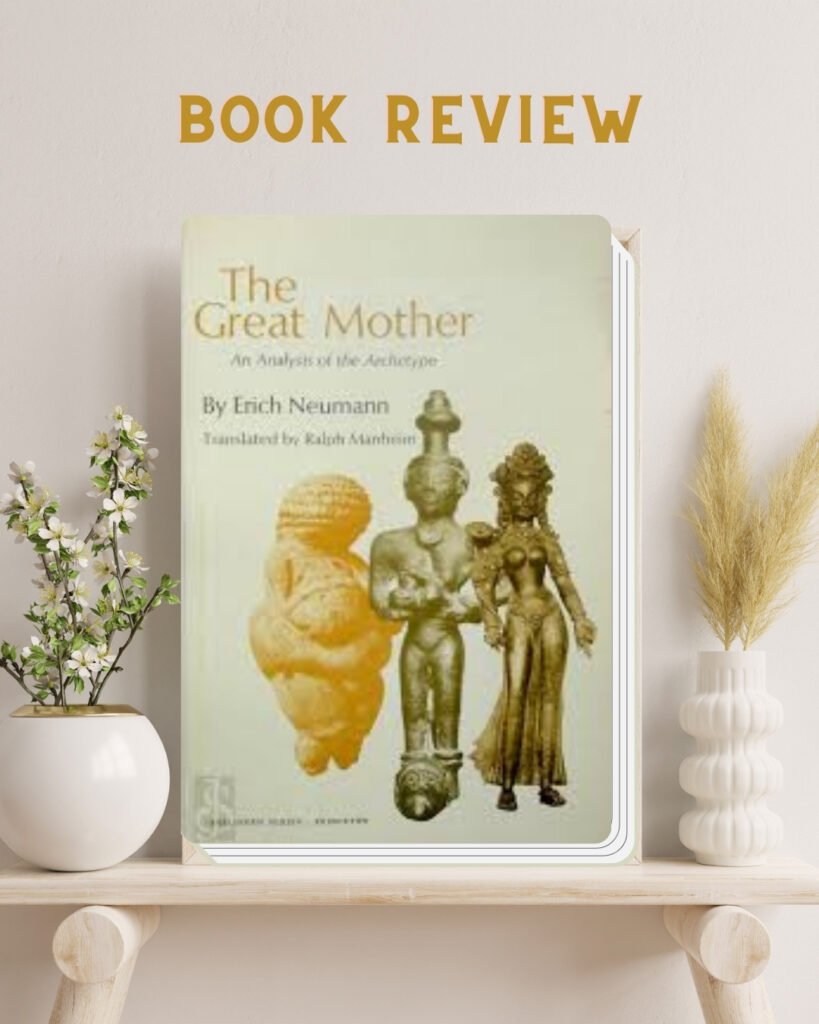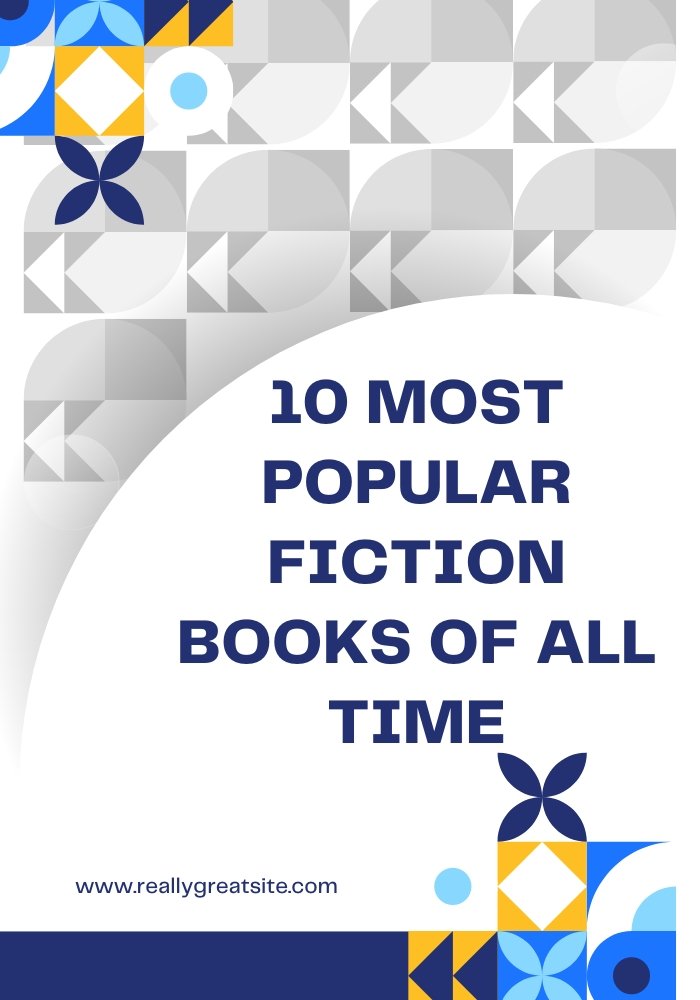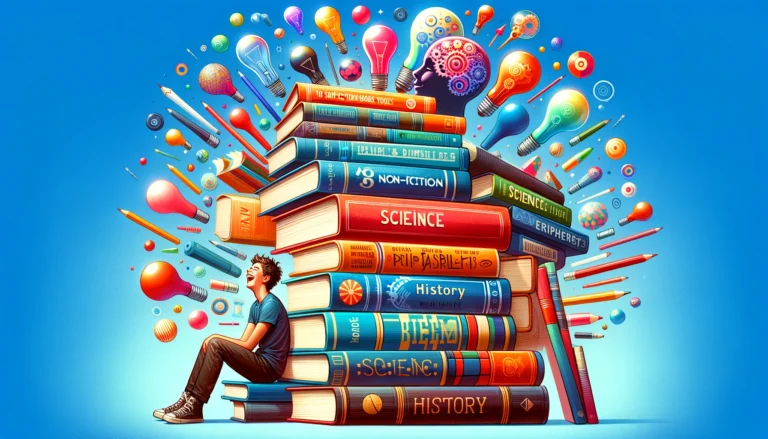Introduction
‘The Great Mother: An Analysis of the Archetype’ by Erich Neumann, a book that reshaped my views on femininity, creativity, and the unconscious. This isn’t just another dense academic read, it’s a compelling journey through the symbols and myths that shape our understanding of human psychology. Join me as we uncover the nuanced insights Neumann presents, exploring his complex ideas with a straightforward and personal approach.”
This version aims to be more direct and specific, setting clear expectations for what the reader will gain from your post.
A Brief Overview
Neumann’s exploration plunges us deep into the archetype of the Great Mother, a pervasive symbol across various cultures and epochs. He deftly navigates the dual nature of the Great Mother, revealing her as both a creator and destroyer, a nurturer and a threat. This duality provides a powerful framework for Neumann’s psychological and cultural analysis, which he unfolds with masterful precision.
Key Concepts Unpacked:
The Archetype of the Great Mother: Neumann unveils a potent symbol lurking in our collective unconscious: the Great Mother. This archetype, embodying both creation and destruction, compels us to confront the complexities of the feminine divine and life’s inherent contradictions.
Historical and Cultural Analysis: Beyond theoretical discussions, Neumann traces how different societies have revered and feared the Great Mother. He examines figures ranging from the fertility goddesses of ancient civilizations to modern religious icons, illustrating the archetype’s universal resonance.
Psychological Interpretation: Delving into Jungian psychology, Neumann reveals how the Great Mother shapes our individual psyches and societal structures. He prompts reflections on our maternal relationships, inner femininity, and the forces that drive our creativity.
The Creative and Destructive Forces: Neumann explores the intertwining of creative and destructive energies within us. By examining these dualities, he challenges us to seek harmony within our own lives and destinies.
Influence on Modern Thought and Art: Neumann’s insights resonate across time, influencing contemporary thinkers, artists, and writers. His analysis of the Great Mother continues to inspire and provoke, fostering a deeper understanding and sparking creativity.
Personal Reflections
As I turned the pages of Neumann’s analysis, it wasn’t just an exploration of ancient archetypes but a mirror reflecting my everyday reality. His discussions made me reevaluate the web of relationships that define my life, challenging me to scrutinize the societal norms that have molded these connections. Reading about the Great Mother compelled me to confront and cherish the layers of my femininity the nurturing kindness alongside the fierce independence. It was a call to acknowledge the creative-destructive forces within me that spur my personal growth. This book didn’t just change my view, it urged me to grow, adapt, and thrive amidst life’s inherent contradictions.
Memorable Quotes
“In the figure of the Great Mother, we see the world as it is: complex, nurturing, fearsome, and awe-inspiring. She is a reminder that within destruction lies the seed of creation, and within creation, the inevitability of destruction.”
This profound statement from Neumann encapsulates the core of his analysis and resonates deeply with me. It’s a vivid reminder of life’s perpetual cycle and the nuanced existence we all navigate. This quote challenged my initial discomfort with the idea of destruction being a necessary part of creation. It encouraged me to reflect on personal and societal transformations how personal setbacks have often paved the way for growth and how societal upheavals have led to significant progress. This acceptance of life’s inherent contradictions has become a guiding principle in embracing the unpredictability and richness of life.
Analysis: Strengths and Weaknesses
Neumann’s work excels in its meticulous and expansive analysis. His mastery of Jungian psychology is evident as he connects the dots between diverse cultural symbols and deep psychological theories, offering insights that are both profound and applicable across various contexts. For instance, his discussion on the symbol of the Great Mother in both ancient mythology and modern narratives showcases a rare ability to traverse historical and contemporary landscapes with ease.
However, the book’s academic rigor, which is its greatest strength, also serves as its primary barrier. The dense and scholarly prose is not for the faint of heart, requiring readers to invest considerable time and intellectual energy. This makes it less accessible for those seeking a quick or leisurely read. For example, the detailed analysis of the Great Mother’s depiction in early Mesopotamian culture, while fascinating, can be overwhelming for someone not already versed in ancient history or psychoanalytic theory.
Applying Concepts in Real Life
Neumann’s study of the Great Mother archetype isn’t just theoretical it has tangible applications that can enhance our personal development. By encouraging us to recognize and embrace the full spectrum of our inner selves from nurturing to assertive traits it prepares us to handle life’s complexities with a more balanced approach. For instance, understanding the destructive forces within us isn’t about fostering negativity, it’s about acknowledging our anger or frustration as a natural part of our emotional landscape, which, when managed, can lead to constructive changes and personal growth.
Moreover, recognizing our creative energies can motivate us to pursue new projects or solve problems innovatively. For example, in a work setting, being aware of our capacity to both create and disrupt can help us propose new ideas while being mindful of potential obstacles, leading to more sustainable solutions. This dual awareness equips us with the resilience to face setbacks and the creativity to navigate through them, enhancing both personal and professional life.
Conclusion
Erich Neumann’s ‘The Great Mother’ is not just a book, it’s an invitation to venture deep into the undercurrents of the human psyche and the archetypes that mold our perceptions and behaviors. This monumental work does more than educate it compels us to grapple with the complexities of life, the paradoxes of nature, and the transformative potential of the feminine. It’s an essential read for anyone keen on delving into psychology, mythology, and personal evolution.
Embarking on this journey with Neumann isn’t merely academic, it’s a deeply personal quest that promises profound revelations and empowerment. So, I urge you not just to read but to experience ‘The Great Mother.’ Open your heart and mind, let yourself be challenged and inspired, and you might just find yourself transformed. Dive into this seminal work your next great adventure in understanding and personal growth awaits. Happy reading!






